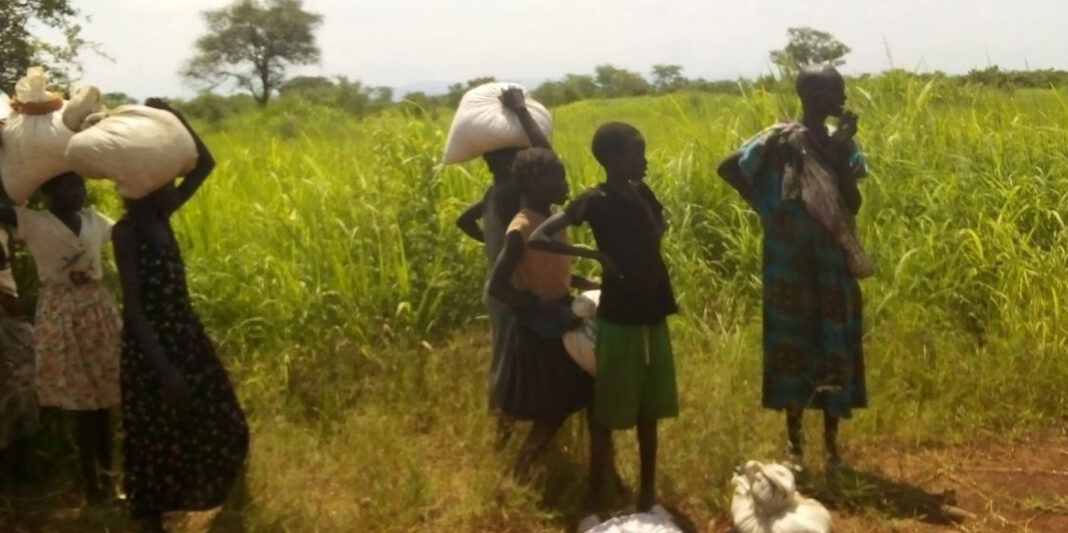By our staff reporter
The United Nations High Commissioner for Refugees (UNHCR) has launched an investigation into claims made by Ethiopian investor Adege Negusie, who alleges that his 2,000-hectare farmland in Gambella was unlawfully seized and vandalized by a refugee camp supported by the UNHCR.
Adege, who holds a legally binding 25-year lease on the land and has secured financing from the state-owned Development Bank of Ethiopia, contends that his property was taken over in 2017 without his consent or any compensation.
After enduring years of legal battles, with the case currently before Ethiopia’s Federal Supreme Court Cassation Bench, Adege has formally complained to the UNHCR, the agency responsible for refugee affairs.
Documents obtained by Capital reveal that the UNHCR has accepted the case for review. To support his claims, Adege submitted a comprehensive 118-page dossier of evidence, which includes certified translations, expert reports, and video footage.
In his complaint, Adege asserts that UNHCR officials were present on his farm and observed agricultural activities occurring on the occupied land.
He specifically noted a visit on June 20, 2017, by UN High Commissioner for Refugees Filippo Grandi and his delegation, during which Grandi allegedly saw a green CLAAS-brand tractor, owned by Adege, being used on the seized farmland.
When asked about the tractor, Zeinu Jemal, then-Director of Ethiopia’s Administration for Refugee & Returnee Affairs (ARRA), reportedly stated that it was being used to plow fields for refugees.
Adege further alleges that he was arrested and detained by ARRA officials during Grandi’s visit after protesting the unlawful occupation of his land.
“This incident is now key evidence in my formal complaint to the UNHCR Inspector General’s Office,” he stated.
The investor also accuses the refugee camp of looting and destroying his agricultural assets, which has left him financially devastated.
Having invested millions, including a 25-million-birr loan from the Development Bank of Ethiopia, Adege lamented, “I developed this land legally. Now I am bankrupt, criminalized, and ignored. All I want is justice.”
His legal team argues that the case involves violations of property rights, arbitrary detention, and misconduct related to UNHCR operations. They are seeking compensation, accountability, and the restoration of Adege’s land rights.
The UNHCR’s investigation is expected to assess these allegations and determine whether the agency bears responsibility for the disputed land occupation.







